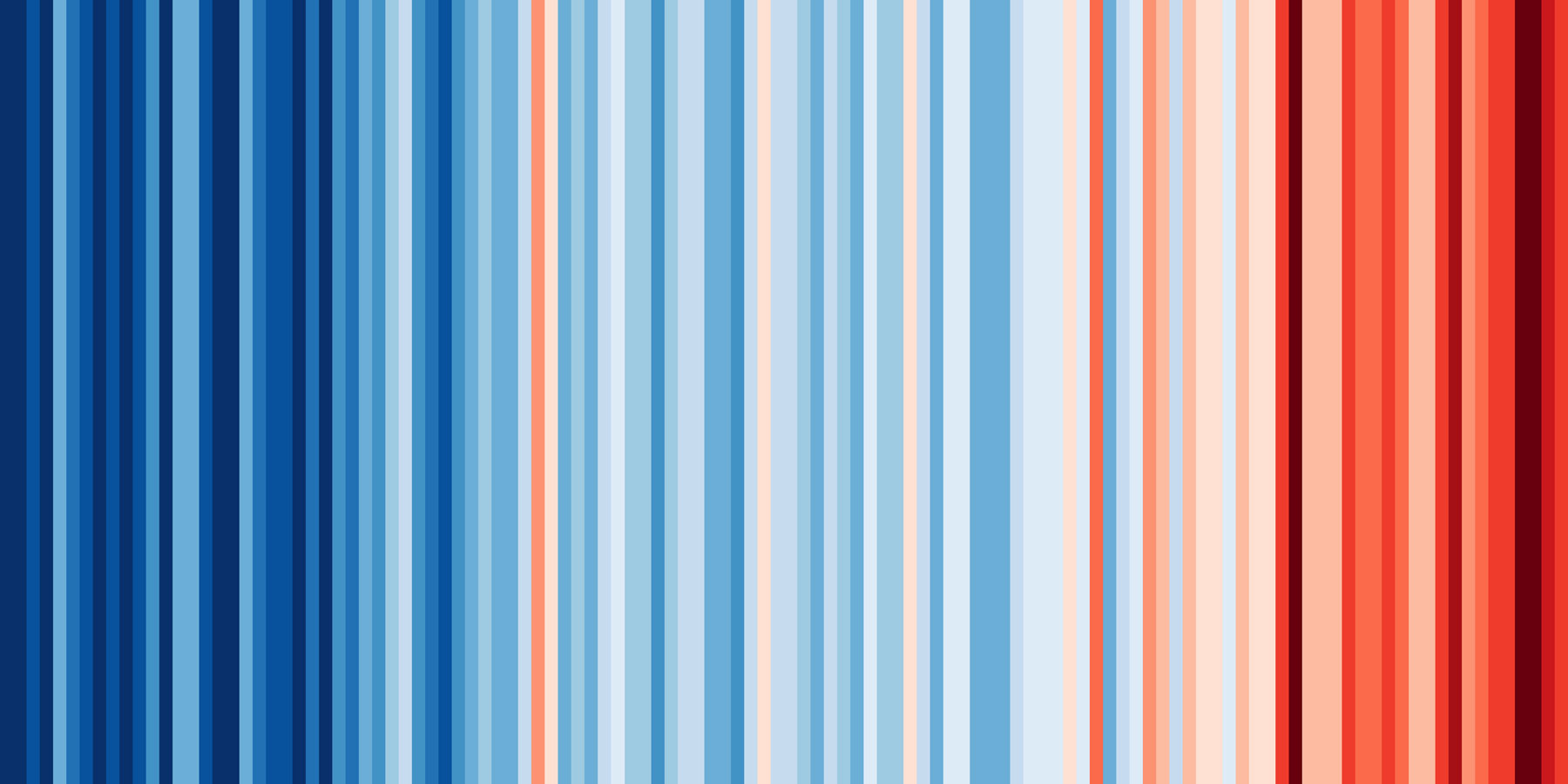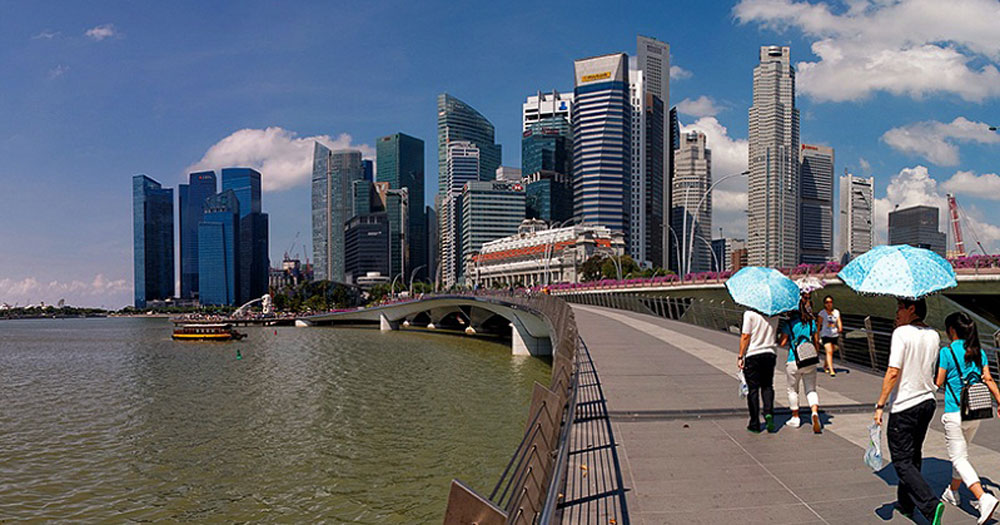Temperatures in Singapore could reach as high as 40°C by 2045, Today reported on July 5, 2019.
Alarmist or for real?
Hitting 40°C by 2045 is the worst case scenario -- if the world continues to emit greenhouse gases as if nothing is going to change.
This is according to Muhammad Eeqmal Hassim, a senior research scientist at the Centre for Climate Research Singapore, which is part of the Meteorological Service Singapore.
Is there any silver lining?
Partial good news: The centre's scientists showed via simulations that the heat can be delayed to as late as 2065.
This means the worst weather scenario can arrive at any time within the 20-year range, Eeqmal said.
Singapore hotter than ever
But the signs are there that Singapore is already heating up.
Eeqmal said January in Singapore the last 10 years has been “as warm, or warmer” than what May was in the 1970s.
May is typically the hottest month of the year -- because summer.
He told Today: “Our coolest month now is as warm as what our hottest month was then.”
How much hotter has Singapore been?
Singapore’s temperature has increased by 0.29°C, on average, over the past four decades.
Singapore heat in pic
Ed Hawkins, a British climate professor from Reading University, has created a nifty graph to show how much Singapore has warmed over the past 118 years from 1901 to 2018:
 Singapore 1901 to 2018: Blue hues are cooler years, red hues are warmer years.
Singapore 1901 to 2018: Blue hues are cooler years, red hues are warmer years.
The project It is called "Show Your Stripes".
Weather, a complex phenomenon
Although not explained as such in the Today article, weather is a complex phenomenon -- in the technical sense of the word.
Slight perturbations can result in disproportionate outcomes, with little room for accurate predictions.
What are some effects of hotter weather in Singapore?
Heavy rain has become more intense and frequent in Singapore, with minimum temperatures on the rise.
Over time, sea levels will also rise, the piece said.
Any remedies?
Any action now will only see outcomes decades later.
Which also explains why younger people tend to not be climate change sceptics -- because they will be the ones potentially paying the price, barring a complete apocalypse that wipes humanity off the face of the planet.
Some oft-repeated remedies include: Use LED lights, eat less meat, take planes less often, and make air-conditioning warmer.
This will not further lower temperatures, but at the very least, serve to keep them stable with daily average temperatures in Singapore reaching up to 29°C or 30°C by the end of the century.
If you like what you read, follow us on Facebook, Instagram, Twitter and Telegram to get the latest updates.
